Roles within Bedfordshire
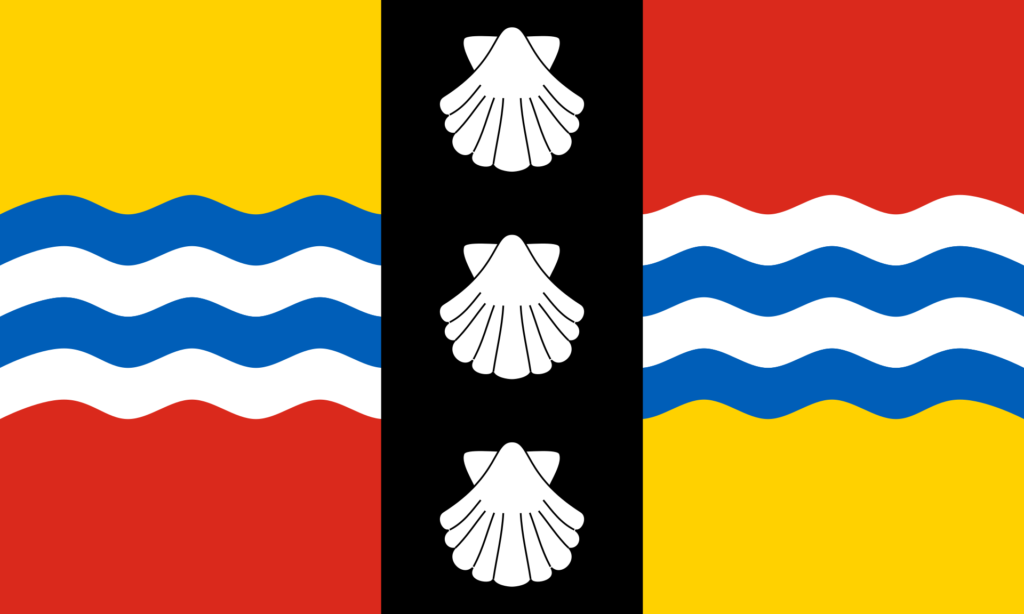
In Bedfordshire, whilst the role is largely ceremonial now, keeping the close links with our Judiciary and Police forces remains pivotal for the High Sheriff of today, ensuring that they have both the support and respect of the communities that they serve and protect within our county. Another key responsibility for the High Sheriff is to serve the county and the many families and groups that live within it and they play an increasingly active role in promoting a wide range of voluntary work within their communities, together with encouraging and participating in projects designed to reduce crime.
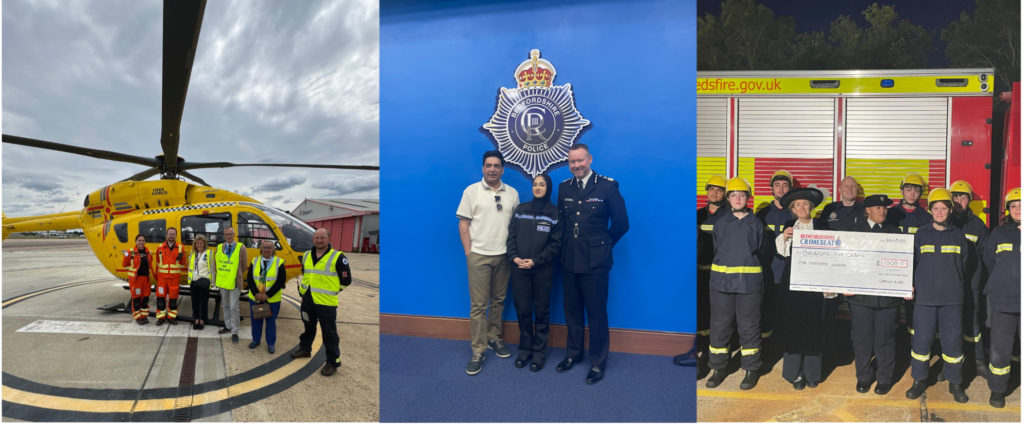
By reaching out to people, the High Sheriff is able to leverage public institutions and local charities to help deliver against the pressing concerns and issues of the day. They can also act as a’ force multiplier’ helping to harness and spread the knowledge and power that drives the vibrant voluntary sector in this county. As the High Sheriff is both independent and non-political they are very well placed to bring together a wide range of people within the community they serve to work for the common good.

In addition, the High Sheriff is also there to recognise and promote the many community spirited acts undertaken by individuals to serve the wider good. The High Sheriff gives their own personal awards, not only to those high-profile successes but also recognising the daily achievements and sacrifices of individuals who are often unsung heroes within small voluntary groups who have made an outstanding contribution in some way. Other duties include attendance at Royal visits in the county and support for Her Majesties High Court judges when on circuit.
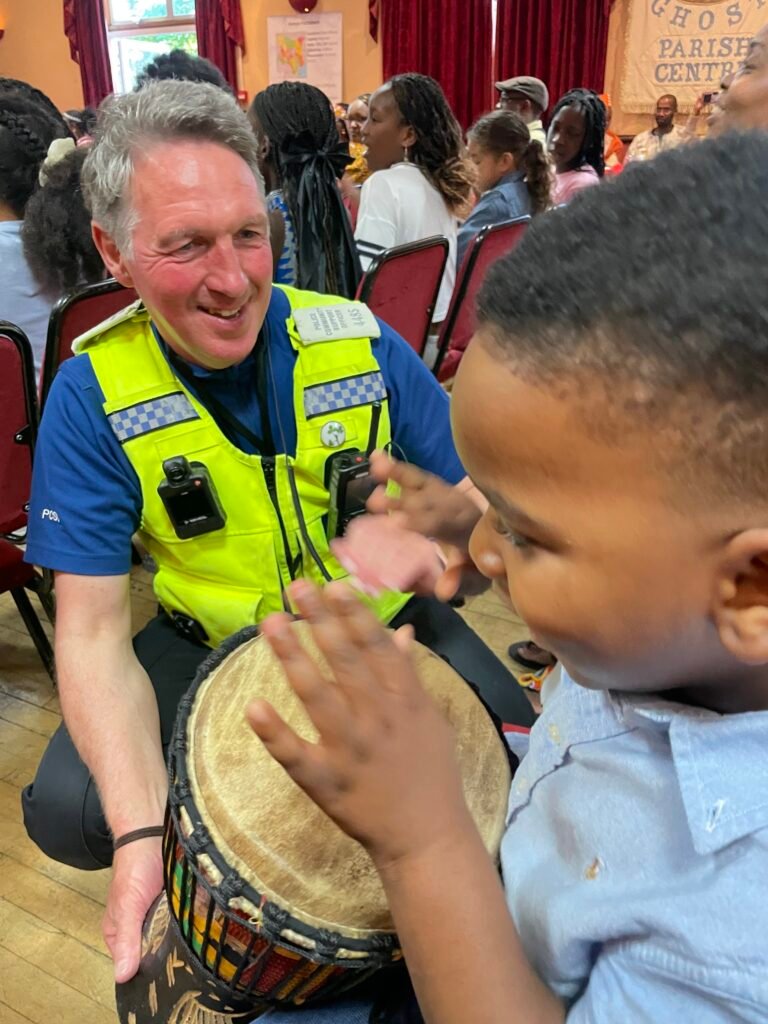
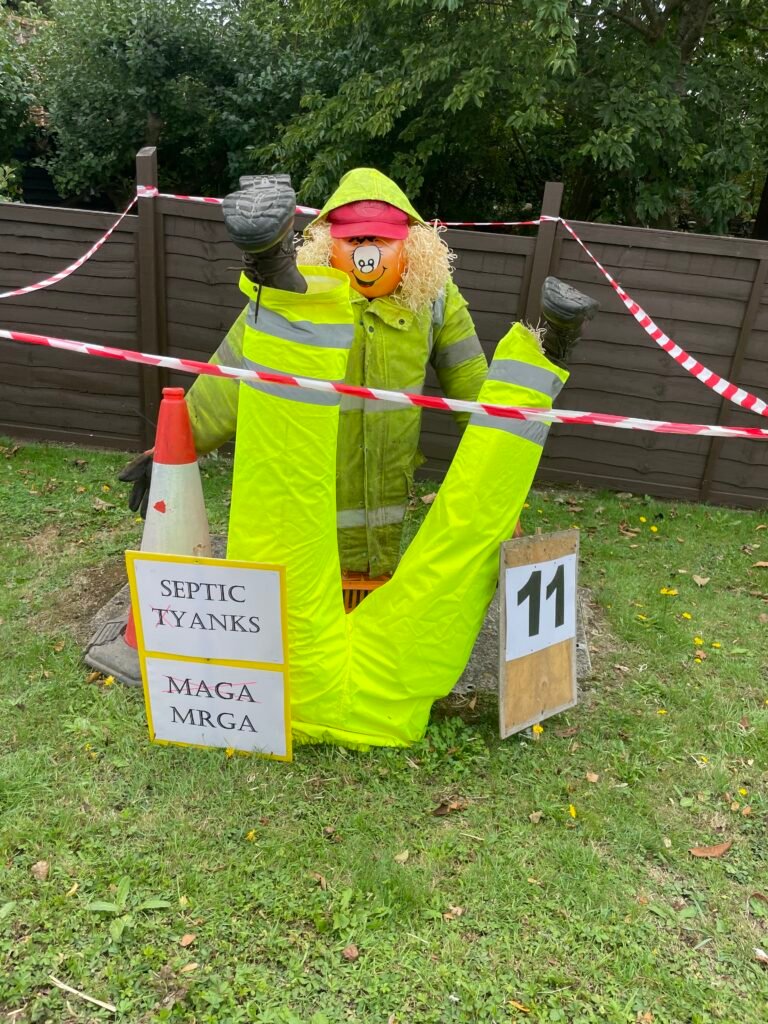
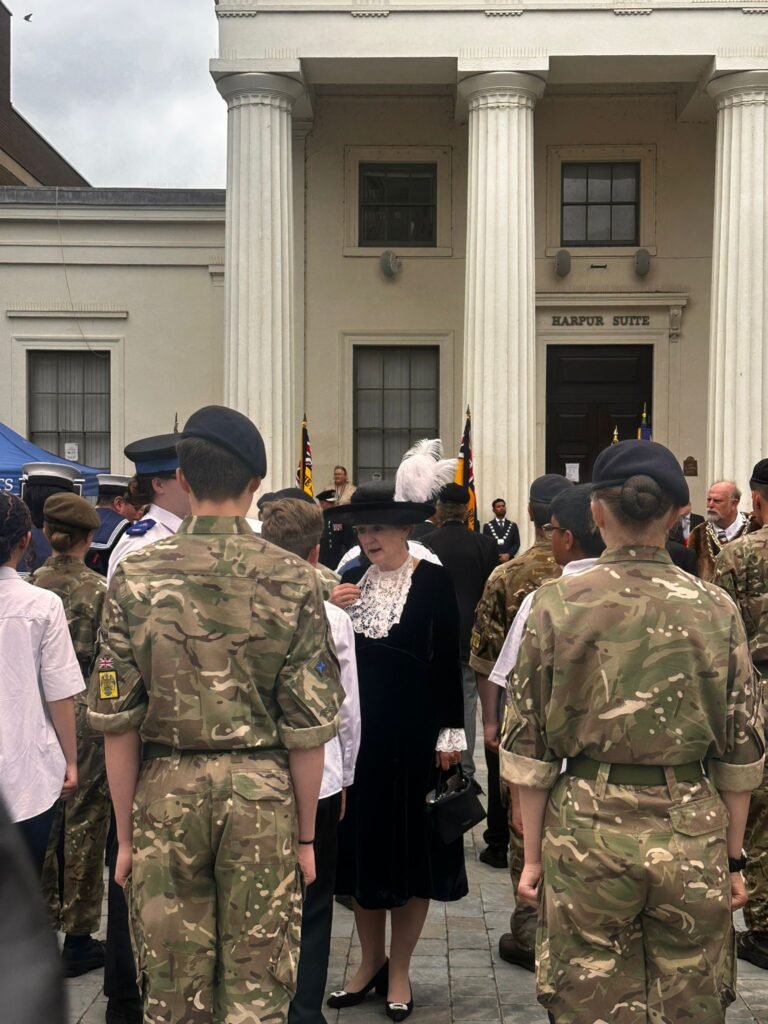
Encouraging loyalty to the Crown and supporting the judiciary remains a central element of the role, as does giving support to the police, emergency service, probation and prison and to others involved in crime prevention.
The High Sheriff has a legal duty to appoint an Under Sheriff at the start of his or her year, usually a local solicitor. Often the Under Sheriff will have held the post for several years, a continuity which High Sheriffs find extremely helpful. Today the role is largely concerned with helping the High Sheriff at ceremonial occasions as well as assisting with other legal matters such as those relating to parliamentary elections. The Under Sheriff’s support and time is most generously and freely given.
The Under Sheriff

The High Sheriff has a legal duty to appoint an Under Sheriff at the start of his or her year, usually a local solicitor. Often the Under Sheriff will have held the post for several years, a continuity which High Sheriffs find extremely helpful. Today the role is largely concerned with helping the High Sheriff at ceremonial occasions as well as assisting with other legal matters such as those relating to parliamentary elections. The Under Sheriff’s support and time is most generously and freely given.
The Under Sheriff to the High Sheriff of Bedfordshire is Karen Chase.
The High Sheriff’s Chaplain
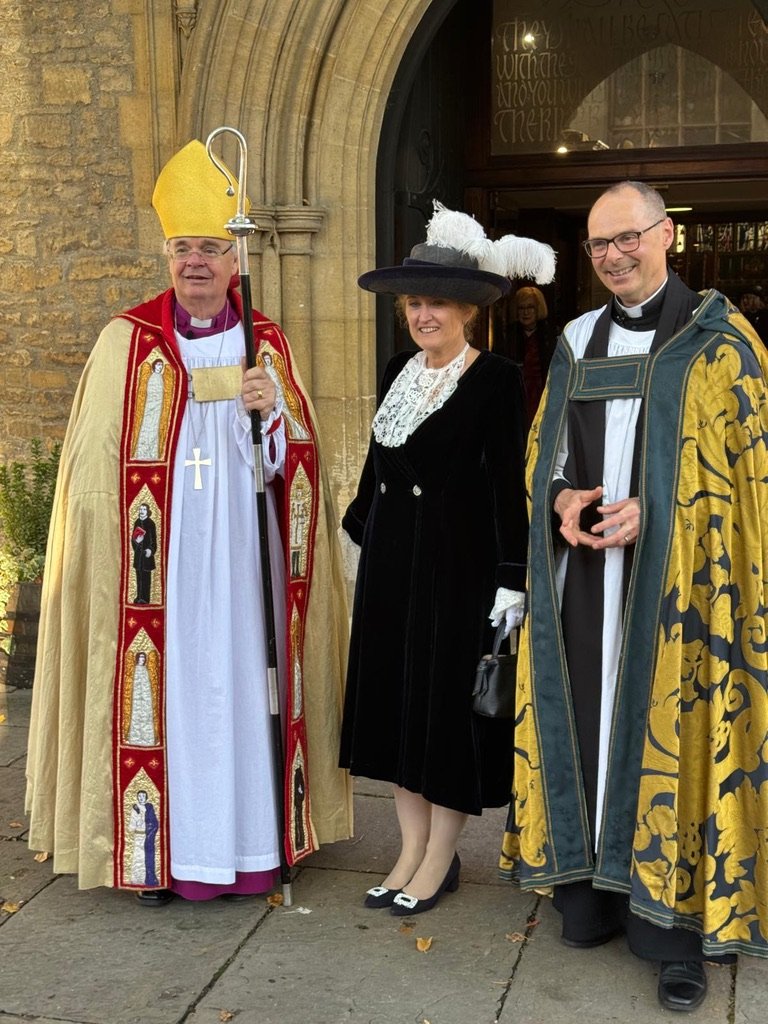
High Sheriffs may appoint a Chaplain to attend on them and assist on matters of faith. The Chaplain will principally be involved with the church services for the judiciary that are arranged by the High Sheriff conventionally annually but may also participate in the High Sheriff’s year on other occasions, for example the Declaration Ceremony that follows the High Sheriff’s appointment by the Monarch. The Chaplain may also play a valuable role as adviser to the High Sheriff on inter-faith matters in the community.
The High Sheriff’s Chaplain is The Revd Anthony Davis of St Paul’s Bedford
The High Sheriff’s Cadet

The High Sheriff’s Cadet plays an important role in a variety of public duties. This might include attending events such as the Declaration Ceremony, Remembrance Services, and other high-profile charitable or civic functions. Cadets assist the High Sheriff in formal events, such as carrying the High Sheriff’s sword or standard, and act as ambassadors for youth organisations, showcasing the contributions that young people make to their communities.
The High Sheriff’s Cadet is Laura Gardocka
The History of the High Sheriffs – click here….
